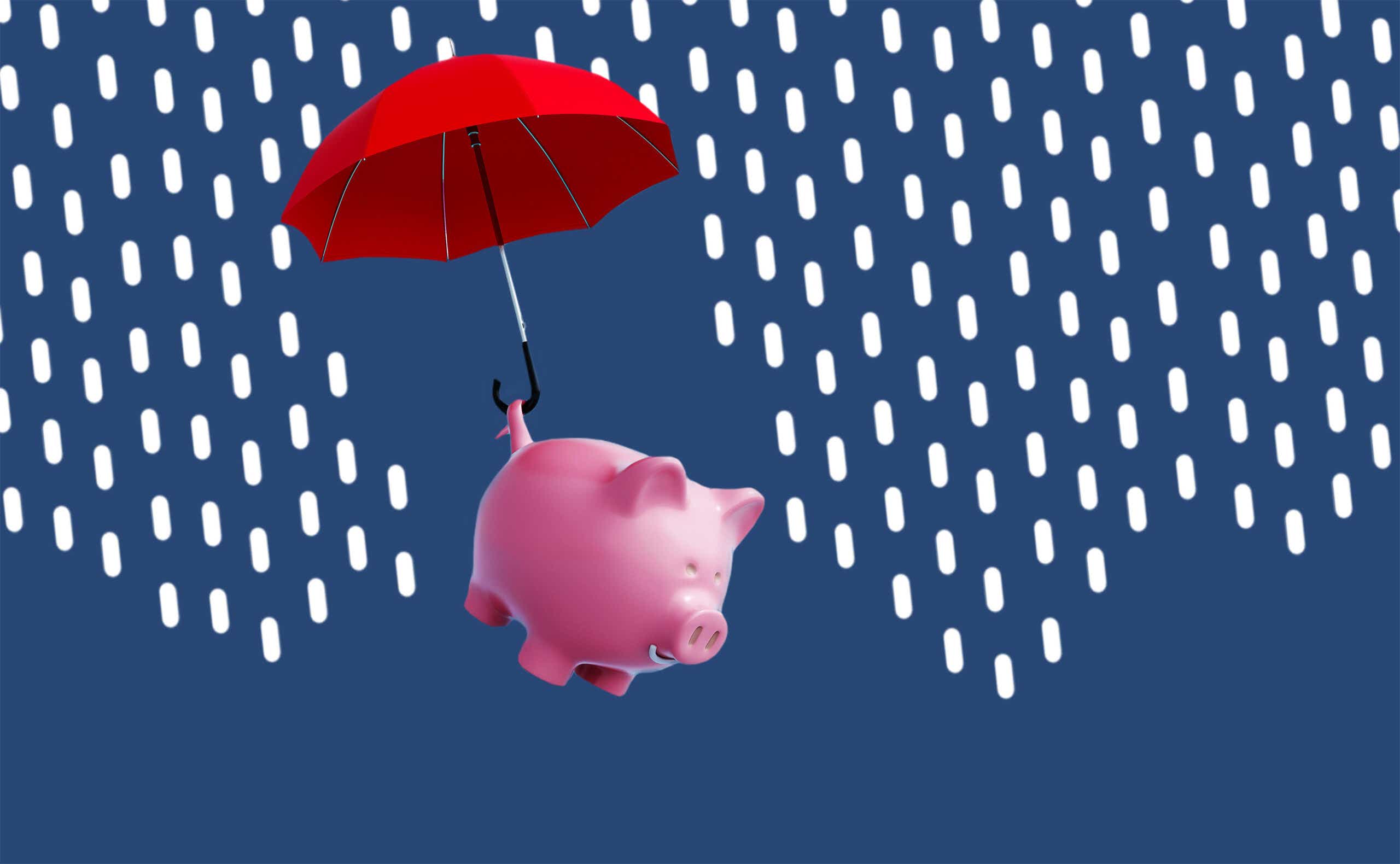These days, you can't even make a trip to Costco without being confronted by a number of worrying costs. If you pull over to fill up your tank, you end up staring at astronomical prices for a gallon of gas. If you turn the radio on while you're driving, you'll likely hear the latest expert speculating about an upcoming recession. And when you finally make it to the checkout line with all your groceries, you're forced to watch your grocery bill go higher and higher than what you're used to.
Given all the uncertainty taking place right now, it's natural to worry about your future. But before you take all your money out of the bank and stuff it under your mattress for safekeeping, you might want to take a deep breath and keep an eye on the bigger picture.
At least, that's the advice given by Pattie Ehsaei, otherwise known as "The Duchess of Decorum." In addition to being the TikTok queen of etiquette and financial advice, Ehsaei has spent the last 20 years building a multi-faceted career as a lawyer and manager in financial services. We spoke to Ehsaei to answer all the questions that keep you up at night about inflation, recession fears, and what you should do with your savings during this tumultuous time period.
There's so much financial uncertainty these days, between inflation and fears of a potential recession. In your opinion, what is actually worth worrying about?
I think one thing that consumers really need to worry about in general is inflation because it's going to be more expensive to buy things. You also need to worry about the potential of losing your job or your hours being cut. Unfortunately, people in the 40-65 age range are at a higher risk of losing their jobs. Younger people typically have lower-paying jobs, and the companies can afford to keep them around, versus when you're middle-aged — that's often when you have a higher salary, which is why companies may not be able to afford to keep you. That would be the differentiating factor between when you're older and younger. And when you're older, you also have probably more debt, because you may own a house or car or credit cards that you need to pay off. So you typically have a lot more expenses when you're older than when you're younger.
Is there a scenario in which someone should pull their money out of the stock market during, or right before, a recession?
It really depends on when you need your money. If you need your money immediately, then this is a good time to pull out. But that's the only time you pull out of the stock market during a recession. If you can hang on for three or four years, then do not touch that money because the rule is it always bounces back and it gets higher than it was before.
You also want to consider really diversifying your investments in general. You never want to put all your eggs in one basket. So let's say you're in the stock market, you can spread your investments across multiple sectors, like consumer goods, or healthcare technology. You also may want to consider mutual funds and index funds. Those are both great ways to diversify. You can also choose to invest in real estate, or even a small business. That way, you're not always reliant on the stock market itself.
Do you have any other tips for how people can prepare for volatile periods like this?
Yes. First, you need to start paying off your debt as much as possible, because you want that extra money to go into your emergency fund. If you have debt, you pay off the highest interest debt first, because that puts the most amount of money in your pocket.
Another tip is that it's a great time to get a side hustle. You can drive for Uber, deliver groceries, start tutoring, do online freelancing...anything that gets extra money in your pocket is very, very helpful during these times.
You could also think about maybe finding a recession-proof job. For example, a job in healthcare or at a pharmacy, or any type of government job like a firefighter, police officer, or sanitation worker. Basically, any job that is fundamental for people to survive is recession-proof.
And the last thing I would say is do not panic. Recessions come and go. We've had 10 recessions since 1945, and most of us have survived. So don't panic. This too shall pass.
What's more important: paying debt off, or building up an emergency fund first?
I say you should save first because you need to pay yourself first. That's the rule. If you can save and pay the minimum monthly amount and those other credit cards, that's fine, but make sure that you're beefing up your savings first.













